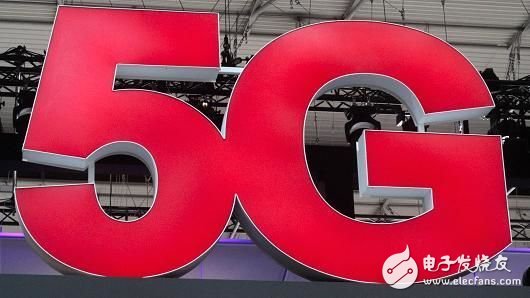According to reports, at the Mobile World Congress (MWC) held not long ago, 5G has become the focus of attention. From large telecom companies to network equipment manufacturers such as Huawei and Nokia, they all compete for first-mover advantage in the 5G field. The industry is discussing how the next generation of mobile Internet will bring high-speed downloads, virtual reality games, driverless cars and a range of other applications.

Obviously, the 5G competition has begun. The more obvious sign is that Europe is likely to lag behind the United States, China and other parts of Asia. Korea Telecom, one of the companies involved in the 5G trial of the Winter Olympics, presented a virtual reality game that was broadcast live over the ultra-fast mobile Internet standard. At the same time, Hans Vestberg, chief technology officer of Verizon, a US mobile network operator, said he believes that the United States and parts of Asia do lead in 5G technology.
However, while Americans and Asians are rumoring and optimistic about 5G, Europeans have adopted a more conservative attitude, even EU legislators. Andrus Ansip, a member of the European Commission responsible for the so-called digital single market, said in an interview: "I am very worried about this!"
The EU has set connectivity goals, one of which is to have at least one major city in each of the member states with fully commercialized 5G networks by 2020. To achieve this goal, Ansip said it will need 500 billion euros (about 615 billion US dollars) of investment. But at the current rate, there is still a funding gap of 155 billion euros.
Part of the problem in Europe is spectrum allocation, which is the specific radio wave required by various communication standards. Although other countries are advancing and providing spectrum for 5G, there are huge differences in Europe on this issue.
EU members decided last week to release 5G radio frequencies in 20 years. But many industry organizations, including the GSMA, an industry group representing global mobile operators, say it will require more investment. GMSA Director General Mats Granryd said that longer spectrum ownership would be required before the new EU law was introduced.
Grande said: "It takes time to build these networks (and) to get a return on investment. Therefore, we need to make sure that the spectrum we buy belongs to us for a long time."
Another issue is the implementation of different rules in the 28 member states of the European Union. CCS Insight data shows that US mobile operators such as AT&T and Verizon have promised to launch 5G technology this year and next year, and China will become the largest 5G market by 2022.
Although 5G is committed to providing high-speed Internet access, the slow action of the EU may make it fall behind in this competition, which is bad news, because the technology may promote business, consumer and economic development.
The Kassel AC Servo Motor has a wide range of speed regulation, has super overload capability and stall capability, and runs smoothly, with low noise, low temperature rise, and beautiful appearance. The new model has lower heat and faster response. It can be matched with the corresponding Servo Drive device to form a servo system to create a first-class motion control scheme.
Ac Servo Motor,Ac Servo,Ac Servo Motor In Control System,Ac And Dc Servo Motor
Kassel Machinery (zhejiang) Co., Ltd. , https://www.kasselservo.com